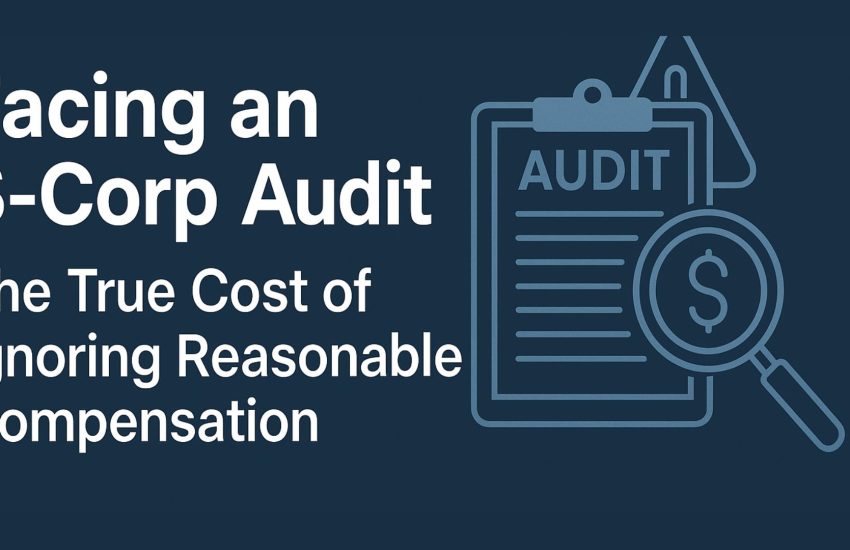Don’t Let Paperwork Derail Your Projects: Why Q2 Is the Best Time to Review Licenses, Certifications, and Bonding Capacity
Introduction: Why Q2 Matters for Administrative Compliance
In the construction industry, timing is everything. Whether you’re breaking ground on a new development or bidding on large public contracts, your ability to legally operate hinges on maintaining up-to-date licenses, certifications, and bonding capacity.
That’s why Q2 is the ideal time to press pause and make sure your professional and regulatory credentials are in order—before the busier months of Q3 and Q4 ramp up.
In this article, we’ll walk through everything you need to check, renew, and update so your business is ready to grow without administrative hiccups.
1. License Renewals: Don’t Let Expirations Catch You Off Guard
Contractor and Specialty Licenses
Most contractor and specialty trade licenses operate on an annual or biennial renewal schedule. The challenge? Renewal dates vary by jurisdiction, and a single lapse could sideline your entire operation. For example, some states prohibit contractors with expired licenses from performing even minor home improvements.
What to do now:
- Review your contractor and specialty trade licenses.
- Note expiration dates and renewal windows.
- Submit renewals early to avoid processing delays.
- Set calendar reminders 90 days before each renewal date.
Compliance Tip: Continuing Education
Many licenses require proof of continuing education (CE). Q2 is a smart time to complete CE requirements, especially before your summer project calendar fills up.
2. Certification Updates: Maintain Your Competitive Edge
Holding industry or local certifications not only strengthens your brand—it can be the key to winning projects. But like licenses, these also require periodic updates.
Examples of Common Certifications:
- MWBE (Minority/Women Business Enterprise) status
- Safety certifications (e.g., OSHA 30)
- Local city or county business registrations
- Environmental certifications (LEED, green building)
Review and renew:
- Ensure all certificates are valid and not nearing expiration.
- Reapply or recertify early to account for government backlogs.
- Keep digital copies easily accessible for bid packages.
3. Bonding Capacity: Reassess and Reaffirm Before Bid Season
Bonding is a crucial part of doing business in construction. Without up-to-date bonding capacity, you can’t bid—or win—public works or large-scale commercial projects.
How to Prepare:
- Contact your surety agent to update your file with FY2024 financials.
- Share CPA-reviewed financial statements, including work-in-progress schedules and balance sheets.
- Discuss your upcoming project pipeline to anticipate future bonding needs.
If your company has grown, this could be the time to request an increase in your bonding line. Conversely, reaffirming your current bonding limits ensures there are no surprises when a major bid opportunity comes your way.
4. Bid Bonds, Performance Bonds, and Payment Bonds
To compete for work in Q3 and Q4, you must be able to provide:
- Bid Bonds: Guarantees your bid is in good faith.
- Performance Bonds: Ensures completion of the project per contract terms.
- Payment Bonds: Guarantees payment to subcontractors and suppliers.
Key Reminder: Don’t assume you’ll be approved on the spot. The surety company will evaluate your financials and track record. Preparing early improves your chances.
5. Permits and Regulatory Filings: Dot Your I’s Before Project Launches
Licenses and bonds are essential—but don’t overlook day-to-day compliance issues that can stop a project in its tracks.
Q2 compliance checklist:
- All jobsite permits are current and posted.
- Subcontractor licenses are valid.
- Quarterly or annual state contractor tax reports are filed.
- Corporate annual reports (typically due Q2) are submitted.
6. Potential Consequences of Falling Behind
Letting any of the above lapse isn’t just an administrative hassle—it can have real consequences:
- Legal risk: Unlicensed contracting can lead to fines or work stoppage.
- Lost business: An expired license can disqualify you from winning a project.
- Reputational damage: Non-compliance can erode trust with clients and partners.
- Delayed cash flow: Bonding issues can delay project starts and payment milestones.
7. Practical Steps for Q2 Success
Here’s how to stay on top of compliance without getting overwhelmed:
| Task | Responsible Party | Deadline |
|---|---|---|
| Audit all license & certificate expiration dates | Admin/Operations | June 15 |
| Complete CE credits for license renewals | Licensed professionals | June 30 |
| Submit all renewal paperwork | Admin or Legal | By required dates |
| Review bonding needs with surety agent | CFO or Controller | Mid-June |
| File annual reports | CPA or Registered Agent | State-specific deadline |
8. CPA Support: How We Help Contractors Stay Compliant
As your CPA and advisory partner, we do more than file taxes. We:
- Maintain your financials to keep your bonding capacity strong.
- Track state and local compliance deadlines.
- Prepare contractor-specific reports and filings.
- Coordinate with surety agents and legal counsel when needed.
When you trust us to keep your back-office in order, you’re free to focus on growth and execution.
Conclusion: Get Ahead in Q2 to Win in Q3
Administrative compliance isn’t glamorous—but it is essential. Use Q2 to proactively manage your licenses, certifications, and bonding so that when the next big bid hits your desk, you’re ready.
Need help renewing your licenses or preparing bonding documents? Contact us today—we’re here to keep your business moving forward.
Sincerely,
W. E. Stevens, PC
Serving you through a thoughtful client experience, wise long-term perspective, and very experienced staff



